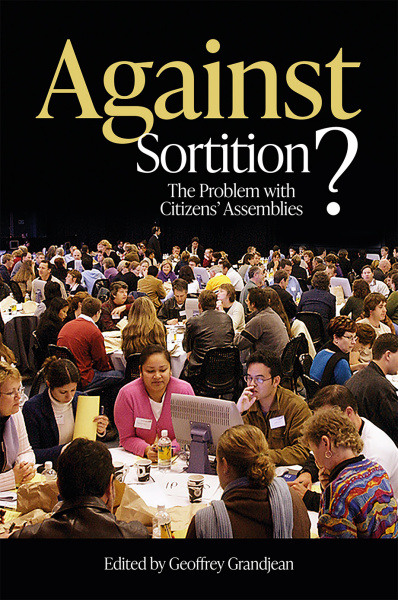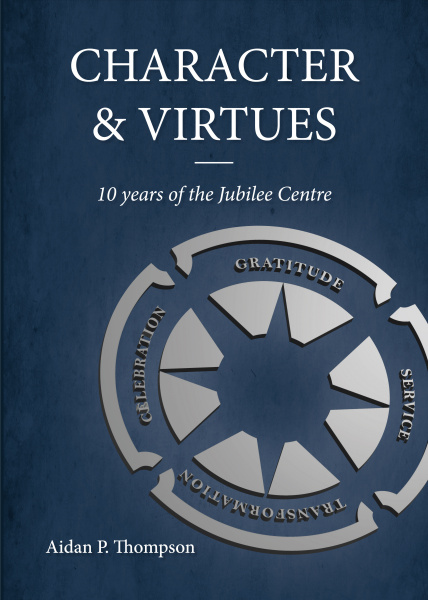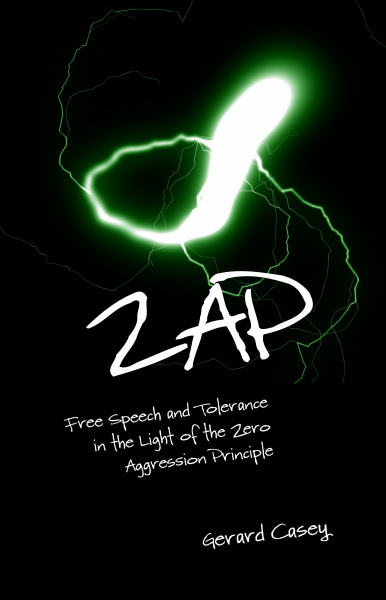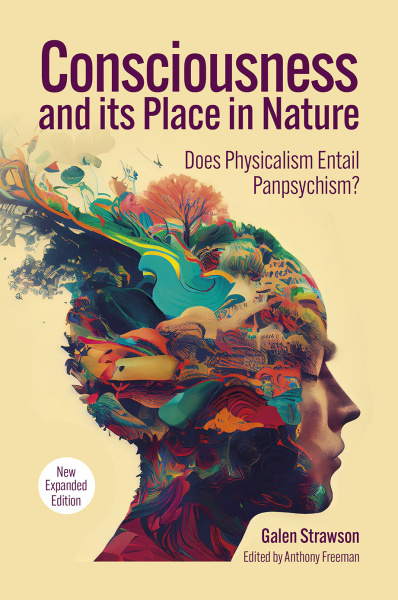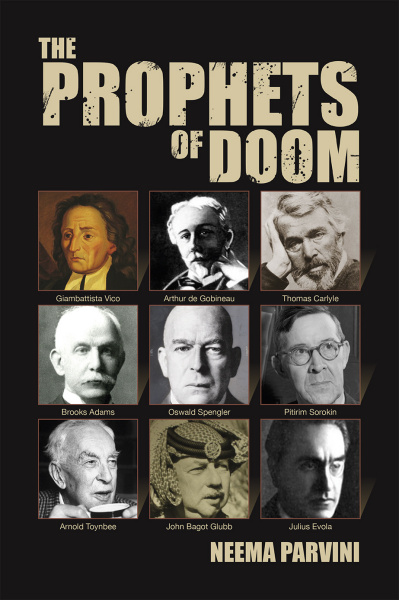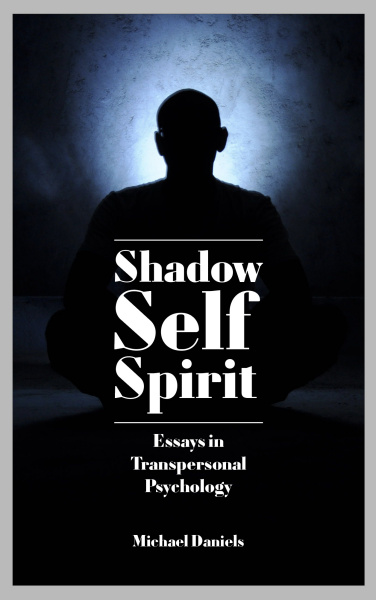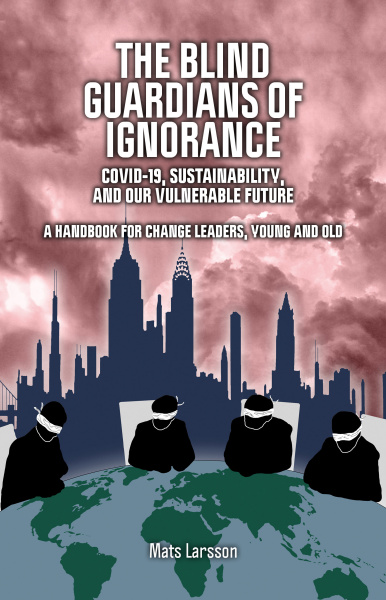Imprint Academic
-

Rethinking Thinking
Problem Solving from Sun Tzu to Google
Everyone, as the French philosopher René Descartes pointed out long ago, thinks. That's the easy bit. The harder part, and what this book is really about, is how to make your thinking original and effective. The focus here is on practical suggestions about ways to think better.
-

Quality of Life
A Post-Pandemic Philosophy of Medicine
The Covid-19 pandemic has shown the need for a fresh look at health and health care. This book offers a philosophical critique of medicine as applied science, but more positively it stresses the social causes of disease and argues for greater equity in the distribution of resources and the benefits of a wider evidence-base for medical treatments.
-

The Blind Guardians of Ignorance
Covid-19, Sustainability, and Our Vulnerable Future
Politicians, business leaders, and sustainability experts have assumed that market forces will drive the transformation to sustainability. This book explains in clear language why this view is wrong and what we need to do to prepare for the future of humanity. Governments will have a key role to play in this process, and they need a wake-up call.
-

Don't Believe What You Think
Arguments for and against SCAM
This book discloses the errors and lies that misled you into believing things about so-called alternative medicine (SCAM) that are untrue. It analyses the many falsehoods used in the promotion of SCAM, explains the erroneous thinking behind them, and presents the scientific evidence in easily understandable terms.
-

Myth, Meaning, and Antifragile Individualism: On the Ideas of Jordan Peterson
Jordan Peterson has attracted a high level of attention. Focusing on Peterson's ideas rather than controversies, this book explores his answers to perennial questions. Champagne unites the different strands of Peterson's thinking in a handy summary and then articulates his main critical concerns.
-

At Our Wits' End
Why We're Becoming Less Intelligent and What it Means for the Future
We are becoming less intelligent. This is the shocking yet fascinating message of At Our Wits' End. The authors take us on a journey through the growing body of evidence that we are significantly less intelligent now than we were a hundred years ago, why that may be, and what its consequences might be for the future.
-

SCAM
So-Called Alternative Medicine
So-called alternative medicine (SCAM) is popular and therefore important. This book was written by someone who received SCAM as a patient, practised SCAM as a doctor, and researched SCAM as a scientist. It provides an insider's perspective by covering aspects of SCAM which most other books avoid.
-

The Many Faces of Coincidence
The Many Faces of Coincidence proposes an inclusive categorisation for coincidences of all shapes and sizes. At the same time, some of the implications arising from the various explanations are explored, including the possibility of an underlying unity of mind and matter constituting the ground of being.
-

The Singularity
Could artificial intelligence really out-think us (and would we want it to)?
Volume combining two special issues of the Journal of Consciousness Studies on the philosophical aspects of a possible artificial intelligence singularity.
-

Situated Aesthetics
Art Beyond the Skin
This book focuses on externalist approaches to art. It is the first fruit of a workshop held in Milan in September 2009, where leading scholars in the emerging field of psychology of art compared their different approaches using a neutral language and discussing freely their goals.
-

Reforming Science
Beyond Belief
This volume is an attempt to reform science, to place science in its broad historical and philosophical context where dogmatic belief has no place, to remind science itself that it has limitations.
-

Transdisciplinary Cybernetics and Cybersemiotics
The guiding idea behind this collection of papers is a presentation of the transdisciplinary scope of the new semiotics offering a deeper and broader framework than the structuralist semiology.
-

Science in Civil Society
These days, science is everywhere. How should we respond to this ambiguous and ubiquitous thing called science?
-

Why Spirituality is Difficult for Westerners
Dr Hay is Honorary Senior Research Fellow at the University of Aberdeen. A zoologist by profession, his research has been guided by the hypothesis that religious or spiritual awareness is biologically natural to the human species and has been selected for in evolution.
-

Science as a Spiritual Practice
Science as a Spiritual Practice is in three parts. In the first part the author argues that there are problems with materialism and that self-transformation could lead scientists to more comprehensive ways of understanding reality. Part two discusses inner knowledge and altered states. Part 3 analyses the philosophy of Franklin Wolff.
-

Psychedelic Horizons
This is a different kind of book about psychedelics. Rather than describing psychedelic experiences, it presents four future-oriented ideas 'coming over the psychedelic horizon', which illustrate the potential benefits of psychedelics for humanity.
-

Paradoxical Primate
Human beings have an evolved but highly adaptable nature. This book sets out to establish a new framework for understanding human nature, from an evolutionary perspective but drawing on existing social sciences.
-

Volitional Brain
Towards a Neuroscience of Freewill
The puzzling status of volition is explored in this issue by a distinguished body of scientists and philosophers.
